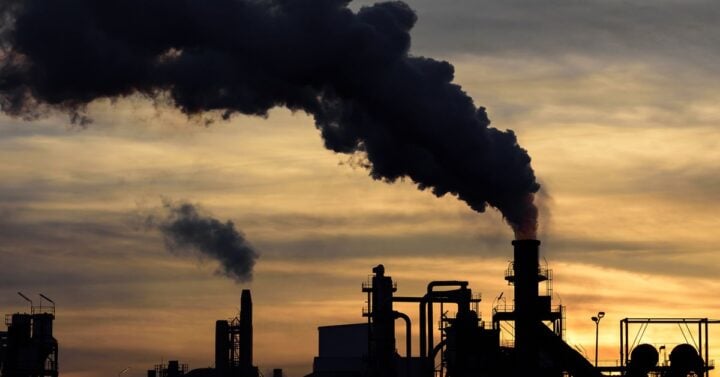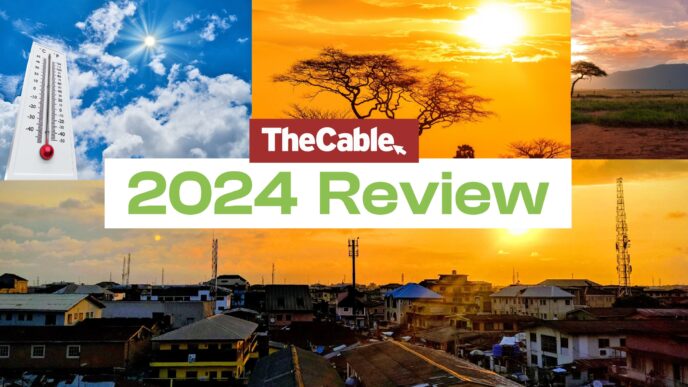The United States has pledged a 61-66 percent emissions reduction by 2035.
Debbie Weyl, US World Resources Institute (WRI) acting director, said in a statement that the commitment provides a clear path for climate action for the country in the next four years.
The new nationally determined contribution (NDC) comes as US President-elect Donald Trump prepares to assume the reins of leadership, amid the uncertainties of withdrawing from the Paris Agreement for the second time of asking.
Trump had on June 1, 2017 announced that the US would cease its participation in the Paris Agreement — aimed at reducing temperatures to 1.5°C.
Advertisement
The withdrawal only took effect four years after its declaration due to certain clauses. President Joe Biden annulled the withdrawal after assumings the reins.
Weyl said although Trump’s administration may not deliver on this commitment, it sets a target for what the country should aim for once he leaves office in 2029.
“The United States’ new climate commitment offers a clear path forward for states, cities, businesses, and other leaders dedicated to ramping up action over the next four years,” the statement reads.
Advertisement
“Even though the Trump administration may not lift a finger to deliver on this plan, it sets a north star for what the U.S. should be aiming for and could help guide the federal government’s priorities once Trump leaves office in 2029.”
She noted that although the NDC is below the expectations of science, it is realistic enough if all parties play their roles effectively.
She called for swift decarbonisation and investment in renewable energies to boost clean energy transition in the country.
“The 2035 emissions reduction target is at the lower bound of what the science demands and yet it is close to the upper bound of what is realistic if nearly every available policy lever were pulled,” Weyl said.
Advertisement
“Assertive action by states and cities will be essential to achieving this goal.
“The United States needs to swiftly expand renewable energy and electric vehicles, modernize the electric grid, and decarbonize heavy industry.
“Transitioning to a clean energy economy can create millions of good jobs, revitalize middle America and boost U.S. competitiveness globally.
“To safeguard our future, we will need to significantly increase investments to boost resilience in the face of climate impacts that will continue to get worse. The American people deserve nothing less.”
Advertisement
‘A FEEBLE COMMITMENT’
Reacting to the newly published US NDC, Mohammed Adow, director of Power Shift Africa, a Kenyan think tank, described the plan as a “feeble commitment” that would not keep temperature below industrial level.
Advertisement
Adow added that the NDC spans only six years beyond the Trump administration, which could see a new administration take a different approach.
He added that US is the world’s largest producer of oil, and as such must take the lead in setting strong commitments for other developed countries to follow.
Advertisement
“This is a very weak NDC. It falls far short of what is required to keep the global temperature rise below 1.5C. The Biden administration has published a feeble commitment that marks the US as a pariah state on climate change,” Adow said.
“The period of this NDC includes six years beyond the term of Donald Trump, where there could be a radically different approach taken by a future administration.
Advertisement
“The US is the world’s largest petrostate. No other country produces more fossil fuels than the US. It seems other leaders are going to be needed to step up and seize the opportunities of the clean energy revolution.”
Add a comment










